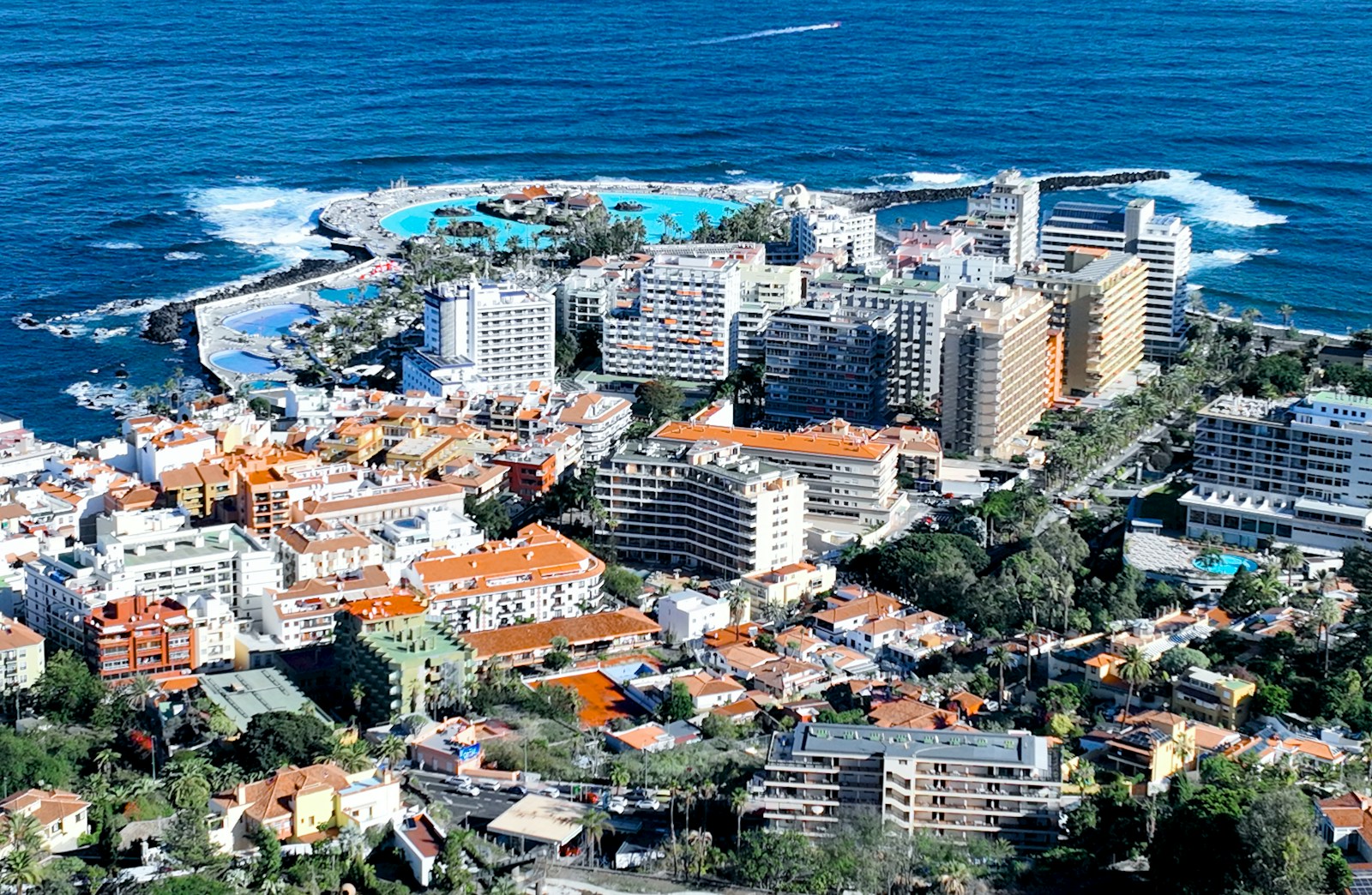SA Tourism Board: Controversial Issues Behind Minister de Lille’s Decision
The SA Tourism Board has become the center of a heated political debate following its dissolution by Minister Patricia de Lille last month. Political parties within the Tourism Portfolio Committee are urging the minister to reinstate the board, citing concerns over governance and financial management. The situation has sparked national attention, highlighting procedural and legal disputes that could impact the tourism sector’s future.
1. Minister de Lille’s Decision
Minister Patricia de Lille maintains her decision to dissolve the SA Tourism Board, arguing that the board’s actions violated prescribed procedures under the Tourism Act. Despite mounting pressure from political parties and stakeholders, de Lille insists that legal compliance and proper process are essential for maintaining accountability within the board.
2. SA Tourism Board Committee Response and Legal Advice
The Tourism Portfolio Committee, chaired by Ronaldo Nalumango, is exploring the legality of reinstating the board. Conflicting reasons for the board’s dissolution have made the matter complex. The committee has sought legal advice to determine whether the minister’s decision aligns with statutory requirements and whether procedural fairness was adequately observed.
3. The CEO Suspension Controversy
The board’s dissolution was preceded by the contentious suspension of CEO Nombulelo Guliwe through a round-robin vote. This suspension sparked debate over governance practices and accountability. Critics argue that the minister focused on procedural technicalities rather than addressing underlying management issues, raising questions about oversight and responsibility.
4. Resignation of the Board Chairperson
The controversy escalated when Board Chairperson Professor Gregory Davids resigned a day before the suspension of the CEO. This left the SA Tourism Board without a chairperson or deputy chairperson, creating a leadership vacuum. The resignation raised questions about internal governance and the ability of the board to function effectively under such circumstances.
5. Financial Management Concerns
Financial irregularities have been a major concern. During her tenure, CEO Nombulelo Guliwe oversaw transactions involving R4.2 million that were flagged for irregularities. Political parties argue that these financial issues should have been addressed through proper governance mechanisms rather than dissolving the board. For further details on accountability in public boards, see Human Rights Watch report on public sector accountability.
6. Procedural Disputes
Minister de Lille cited procedural issues as the reason for dissolving the board, pointing to the Tourism Act’s requirements for special meetings. Former board member Lawson Naidoo contended that the minister’s reasoning changed from an unlawful resolution to an unlawful meeting, arguing that they were never given an opportunity to respond. The committee has been examining these procedural disputes to determine the validity of the minister’s decision. For related governance discussions, visit our SA Tourism Board Governance Guide.
7. Role of Political Parties
Political parties within the Tourism Portfolio Committee have been vocal in urging Minister de Lille to reinstate the SA Tourism Board. They argue that the board plays a critical role in promoting tourism and economic development. Parties have highlighted that dissolving the board without addressing the CEO suspension and financial management issues undermines governance. For insights into party involvement in public sector boards, see our Political Party Guidelines.
8. Committee Investigations
The committee held a nine-hour marathon meeting to investigate the board’s dissolution. Members debated procedural compliance, financial management, and governance oversight. Chairperson Ronaldo Nalumango emphasized that substantive issues were overlooked during the minister’s decision-making process. International observers have noted that comprehensive committee investigations are essential to ensure transparency and public trust. For more on effective committee oversight, visit Parliament Oversight Guidelines.
9. Challenges in Leadership Transition
With the resignation of the chairperson and the suspension of the CEO, the SA Tourism Board faced significant leadership challenges. The board had to nominate a member to communicate decisions and finalize financial statements. These transitional difficulties highlight the need for clear governance structures and contingency plans to maintain operational continuity. Learn more about leadership transitions in public boards at our Public Board Leadership Guide.
10. Prospects for Reinstatement
Looking ahead, there is cautious optimism that the SA Tourism Board could be reinstated. Political parties and governance experts emphasize the need to address procedural disputes, financial accountability, and leadership challenges before restoring the board. Reinstatement would ensure continuity in tourism development programs and strengthen public confidence in the sector. Clear guidelines and legal compliance will be critical for a smooth transition.
Conclusion
The dissolution of the SA Tourism Board has sparked a complex debate involving political parties, governance experts, and the minister herself. Key issues include procedural compliance, financial management, CEO suspension, and leadership challenges. While Minister de Lille maintains her decision, ongoing committee investigations and political pressure may influence the board’s future. Ensuring accountability and transparency remains paramount to protect the integrity of South Africa’s tourism sector.




